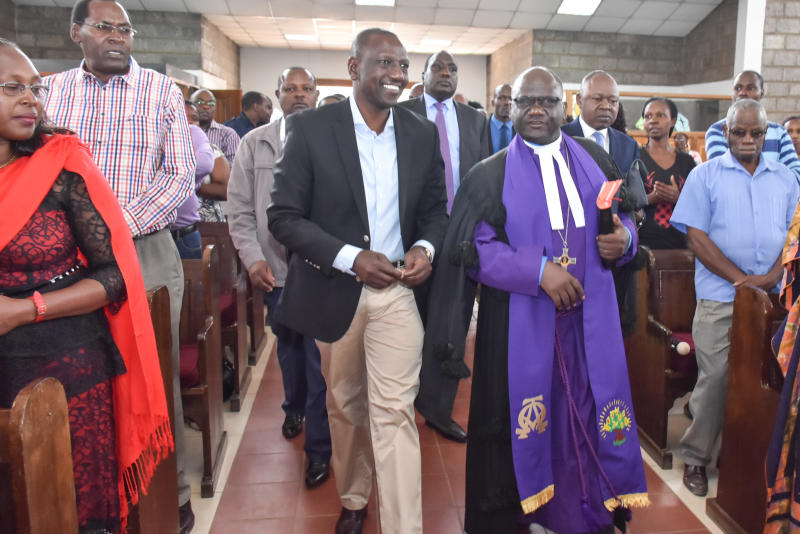×
The Standard e-Paper
Fearless, Trusted News

Church donations by politicians have sparked debate as pressure mounts on religious leaders to reject ‘dirty money’.
Yesterday, Anglican Church of Kenya Archbishop Jackson ole Sapit waded into the debate when he announced that the Church will review donations by political leaders.